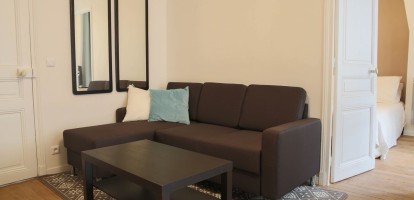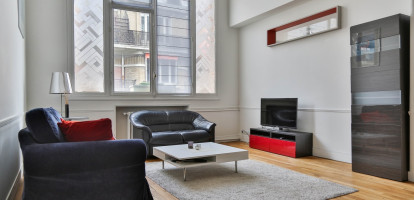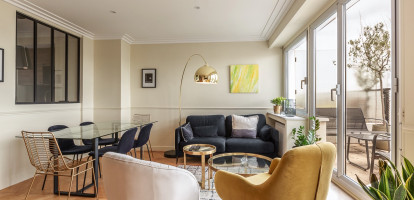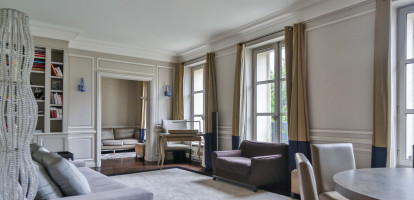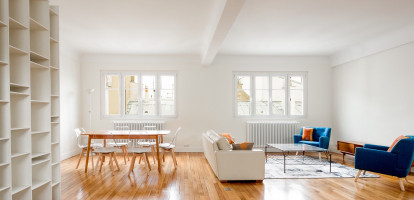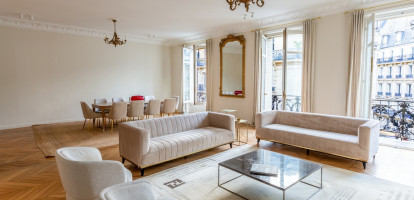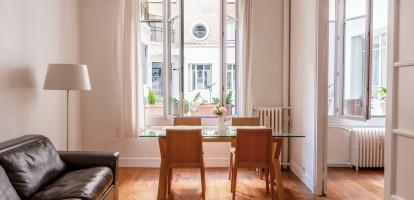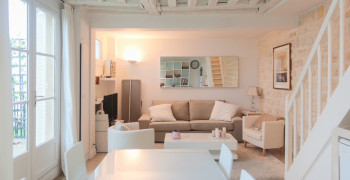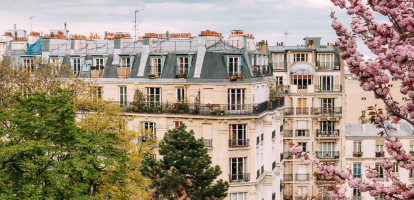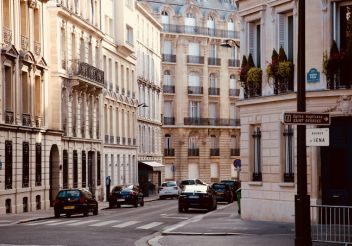You own an apartment in Paris and have decided to rent it out. But is your apartment well-protected while looking for a tenant or during the rental period? Not so, and yet there is a specific contract to remedy this situation: it is the Non-Occupant Owner's Insurance (called PNO in French for Propriétaire Non-Occupant).
What are the benefits of non-occupant property insurance?
The non-occupant house insurance is a type of home insurance for rental property homeowners who do not live in an apartment. This insurance protects real estate, whether it is unoccupied, rented, or even occupied rent-free. Any home, even empty, can be subject to disaster: an exploding pipe, a short-circuit causing a spark to fire, etc.
However, this insurance is not compulsory for all landlord owners. Only people whose property is in a condominium must necessarily take out insurance for disasters that may damage the entire property or that of its co-owners.
The PNO insurance contract - also called CBNO insurance (for Complementary Non-Occupying Lessor) - should not be confused with the coverage for a secondary home. Indeed, a secondary residence is inhabited occasionally by the owner or his family, who then subscribes to regular home insurance.
What is the coverage of PNO insurance?
Non-occupant homeowner insurance is very similar to the so-called multi-risk home insurance. It offers some equivalent guarantees:
- Civil liability to cover damage caused to others,
- Guarantees against the various possible disasters (fire, water damage, broken glass, theft, etc.).
- Content insurance to secure the elements in a furnished apartment rental
But non-occupant owner insurance (French PNO) also offers guarantees relating to the rental of the property. These guarantees depend on the insurers, but it is possible to find:
- Unpaid rents guarantee (GLI) to compensate the lessor owner if the tenant does not pay his rent.
- A guarantee against the loss of rents following a disaster. If the home is no longer habitable, the insurance comes into play while repairs are being made.
- Legal protection for the landlord in the event of legal action taken by the tenant.
- A guarantee to cover the costs of relocating the tenant if the property is no longer habitable due to the lessor's negligence.
Is Non-Occupant Homeowner Insurance beneficial?
Although PNO insurance is compulsory for property located in a condominium, one could question it. For, if the apartment (or house) is rented, the insurance taken out by the tenant does not cover all damages. PNO insurance supplements the tenant's coverage to protect the owner's property. Besides, not all damage is the tenant's responsibility (ex: construction defect, pipe exploding due to frost).
Non-occupant homeowner insurance is also useful for tenants. Indeed, the outgoing tenant cancels his home insurance when leaving the accommodation. If a claim occurs before the arrival of the next tenant, it will not be covered without PNO insurance.
Finally, PNO insurance comes at a reasonable cost, and insurance premiums are deductible from landlord income. Therefore, it is advantageous to protect your home throughout the year, whatever its rental situation.
How to secure your overseas property?
The best way to secure your property in France is to contract non-occupant house insurance as soon as possible, whether the property is rented or unoccupied.
Paris Rental and Home Management in Paris can help you by recommending trustworthy insurance companies that speak English. Don't hesitate to ask by calling +33 (0)1 43 12 98 00.
Credits Picture @ulisesbaga
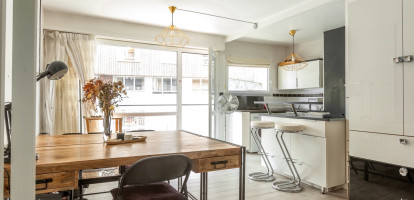


 Français
Français

